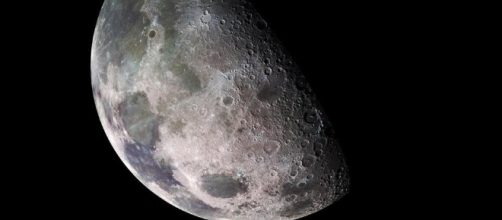It looks like that the Chinese government is going to officially approve a return to the moon program, according to the UK Telegraph. Yang Liwei, deputy director general of China Manned Space Agency and the first Chinese astronaut to fly into space, said in a group interview that Beijing “will not take long” to announce the new program. No date has been mentioned as to when China intends to follow in the footsteps of the Apollo astronauts.
China’s lunar aspirations
The Chinese have indicated that they have ambitions to go to the moon and use its resources for the betterment of that nation’s economy for quite some time.
China has already sent three space probes to the moon, the Chang’e 1 and Chang’e 2 in lunar orbit and the Chang’e 3 to the lunar surface. The Chang’e 4 is scheduled to land on the moon’s far side in 2018, perhaps near the lunar south pole. The Chang’e 5 will launch in November 2017 to the Mons Rumker region, a volcanic formation in the northwest part of the moon’s far side. The probe will take samples from this geologically fascinating part of the moon and return them to Earth for study by scientists.
The challenge to the West presented by Beijing’s journey to the moon
News of China’s increased interest in going back to the moon could not have come at a more exciting time. President Donald Trump has expressed interest in revamping NASA’s space program and directing Deep Space Exploration efforts to the moon as well as Mars.
Return to the moon can be achieved in a much shorter timeframe compared to the Journey to Mars. A lunar effort would have a great many practical benefits, not only concerning access to lunar resources but in enhancing national prestige and morale. The moon, because of the presence of water ice, could support expeditions to Mars as well.
Cooperation or a space race
The question arises, what should be the response of the United States and her western allies to the Chinese lunar challenge? One view is that we should seek cooperation. To be sure any American effort for deep space exploration will involve her traditional allies as well as the commercial sector. The argument for including China is that such cooperation will bring potential earthly adversaries closer together and will avoid the waste of duplicative efforts.
On the other hand, much can be said for a space race as well. The argument is that China is far too antagonistic to trust with the technology sharing that a joint mission to the moon or Mars would imply. Besides, during the last space race, the United States made great strides in technology and exploration in a very short time. Perhaps it is time to replicate the experience.


